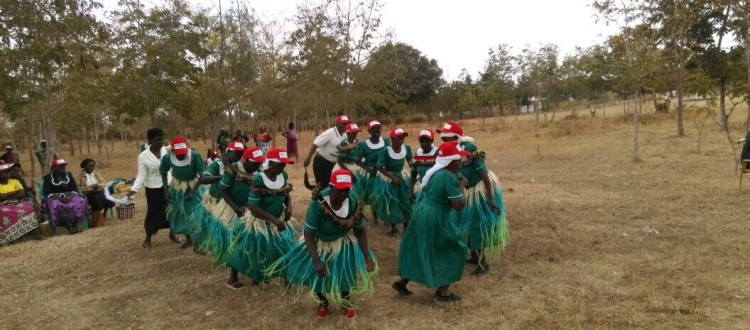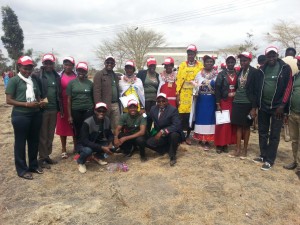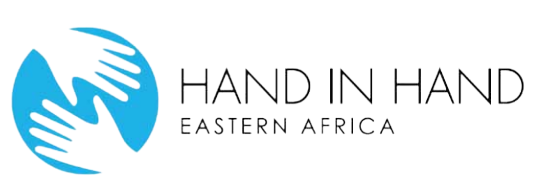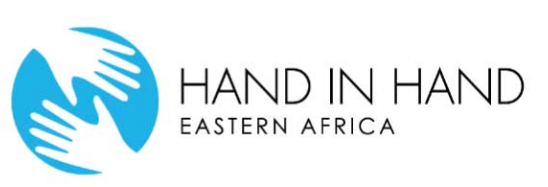

Every year, nations globally celebrate the International Literacy Day, commemorating the milestones and progress that they have achieved towards a global literate world. This year, International Literacy Day was celebrated across the world under the theme of ‘Literacy in a digital world’ which aimed at looking at what kind of literacy skills people need to navigate increasingly digitally-mediated societies, and to explore effective literacy policies and programmes that can leverage the opportunities that the digital world provides.
Literate communities is a key target in Sustainable Development Goal 4 towards increasing access to education at all levels.
Digital technologies are giving new possibilities to people to improve all areas of their lives including access to information; knowledge management; networking; social services; industrial production, and mode of work.
Hand in Hand Eastern Africa’s literacy program marks 4 years since inception with impeccable impact on rural communities in Kajiado and Makueni counties. The first phase of the project saw 758 SHGs with 17,551 members mobilized and trained on the basics of writing and reading as well as start 40,000 jobs and enterprises.
During this years’ celebrations, 314 adult learners who sat and passed the proficiency test were recognized and awarded with certificates. Beneficiaries from this project allude to the fact that they are now able to keep good business records, read their children’s class reports and are now able to use their mobile phones for communication. Others have been elected as leaders in their social groups, schools and churches.
Mary Parsanka, aged 57 says, “The project has really helped a lot of women in my locality. Some of us have never been into a classroom. When Hand in Hand started training us, we have opened our eyes and minds to good things. Even our husbands are proud of us and also want to join in the adult classes.”
The phase 2 project is a continuation of phase 1 with emphasis on empowering learners with knowledge on their social economic and civic rights and is being implemented in partnership with URAIA.

